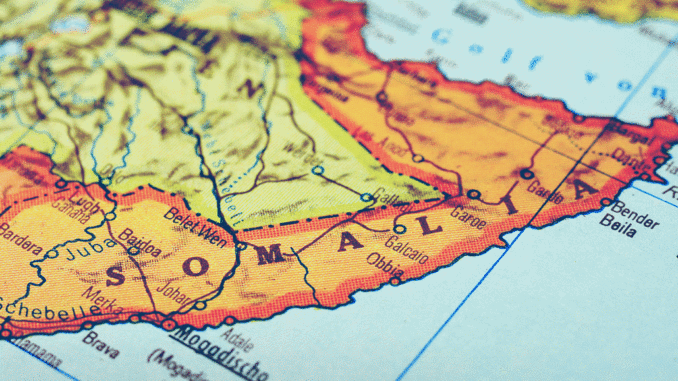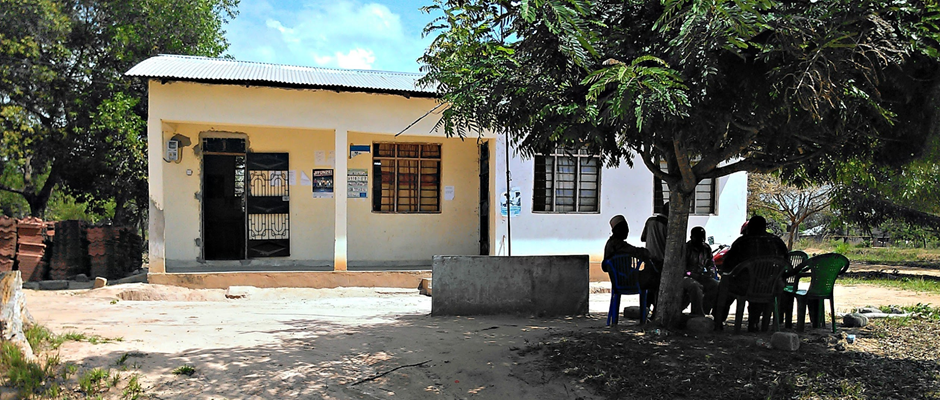
Somalia is emerging from decades of conflict, with the signing of the Provisional Constitution in 2012 paving the way toward a political settlement. Whereas the Provisional Constitution defines the boundaries of Somalia based on the country’s former (pre-1991) frontiers, the ‘government’ effectively consists of five member states, a federal government, and the self-declared Republic of Somaliland.
Since the onset of the civil war in 1991, the member states and Somaliland have been largely autonomous. The authority of the federal government is largely confined to the city of Mogadishu. The agreement of the Provisional Constitution marked substantial progress. However, key issues related to the distribution of functional assignments and the sharing of resources still need to be agreed upon.
Somalia continues to develop its own form of federalism in response to its unique history, culture, and socio-economic needs.
In this context, the World Bank’s recent Public Expenditure Review focused on the role of federalism and intergovernmental fiscal relations in the Somalia’s evolving public sector reform agenda. The objectives of the PER’s focus on moving the country’s federalism agenda forward include: (i) explaining federalism and its relevance to the Somali context; (ii) providing a stocktaking exercise of where Somalia is in its journey toward fiscal federalism, with the objective of informing multiple audiences of the current status and gaps remaining with reference to international examples; and (iii) presenting some forward looking options to inform the policy dialogue and stimulate wider debate among the various stakeholders in Somalia.
The analysis by the World Bank considers three different fiscal federalism arrangements: (i) maintaining the status quo; (ii) shifting most revenue raising powers to the federal government while assigning responsibility for major functions to the states and financing those functions through intergovernmental transfers; and (iii) concentrating both revenue-raising powers and expenditure responsibilities at the federal level.
The authors of the analysis favor the second option, as it responds to the desire of states to maintain substantial autonomy, while establishing a federal government that can provide security against external threats, ensure a basic level of public services available to all Somalis regardless of where they live; and facilitate the free movement of people and goods throughout the country.
The paper specifically recommends that the representatives of the federal government and the member states:
1. Reach specific agreements on the distribution of functional assignments between the federal and state levels, focusing on security and other large cost-drivers;
2. Ensure that all the federal member states have the resources available to implement the functions assigned to them, preferably by centralizing the collection and administration of taxes from international trade and using part of those funds to finance a stable and transparent system of intergovernmental transfers; and
3. Exploit current opportunities for more limited agreements between the FGS and the member states (such as the recent fisheries agreement) in order to build trust among them.
Read the full World Bank report:
Natasha Sharma and William Dillinger. 2020. Somalia – Moving the Federalism Agenda Forward. Washington, D.C. : World Bank Group.



